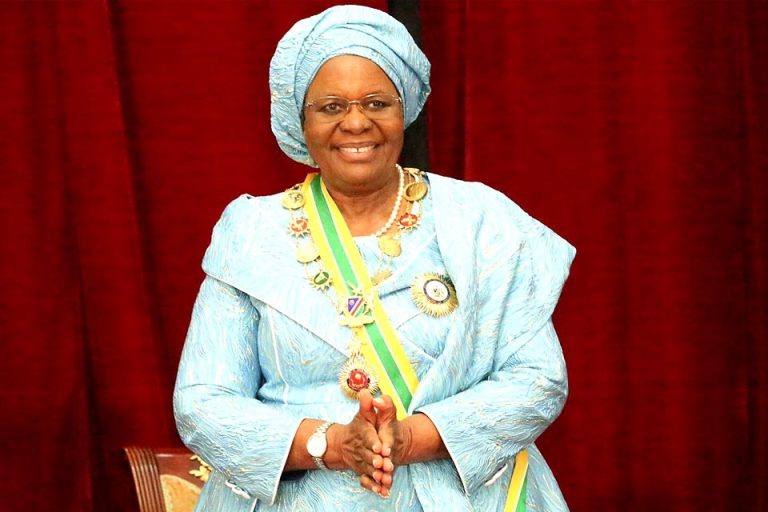Namibia’s President Netumbo Nandi-Ndaitwah has taken direct control of the Ministry of Industry, Mines and Energy, assuming the portfolio’s responsibilities following the dismissal of Natangwe Ithete as deputy prime minister and minister. The decision, announced by the presidency on 26 October 2025, aims to ensure continuity and robust coordination in a sector pivotal to the nation’s economic ambitions. Reuters reports that Ithete, appointed in March 2025 as part of Nandi-Ndaitwah’s new administration, will retain his position as a member of parliament, though no explanation for his removal was provided.
The move underscores the strategic importance of Namibia’s resource sector, which is poised for significant growth following major oil discoveries in recent years. The country, a leading producer of uranium and diamonds, is targeting its first crude oil production by 2030, driven by finds in the Orange Basin by companies like TotalEnergies and Shell, with estimated reserves exceeding 2.6 billion barrels. Bloomberg highlights that these discoveries, alongside Namibia’s established mining operations, position the ministry as a linchpin for economic diversification and foreign investment, with the oil and gas sector projected to contribute $5.6 billion annually to GDP by 2035.
Nandi-Ndaitwah’s decision to personally oversee the ministry reflects a hands-on approach to managing Namibia’s natural wealth, particularly as the country navigates global energy transitions and rising demand for critical minerals. Uranium, accounting for 10 per cent of national exports, has seen renewed interest due to nuclear energy’s role in decarbonisation, with output from mines like Rössing and Husab reaching 6,500 tonnes in 2024, per Mining Weekly. The president’s direct involvement could expedite policy reforms, such as the proposed sovereign wealth fund to manage resource revenues, which aims to mirror Botswana’s model for long-term fiscal stability.
Ithete’s brief tenure saw progress in advancing local content policies, requiring 35 per cent Namibian participation in oil and gas contracts, as well as efforts to streamline mining licences to attract investors. However, The Namibian suggests that internal cabinet dynamics and pressure to accelerate energy projects may have prompted the reshuffle. Nandi-Ndaitwah, Namibia’s first female president since her election in November 2024, has prioritised economic transformation, with the ministry overseeing initiatives like green hydrogen projects backed by European partners, which could generate 3,000 jobs by 2030, according to New Era.
The president’s assumption of the portfolio coincides with heightened global scrutiny of Namibia’s resource governance, especially after its designation as a critical minerals hub by the US in 2024. Graphite and lithium deposits, essential for battery production, are drawing interest from Chinese and Australian firms, with exploration investments surpassing $200 million in 2025. Africa Intelligence notes that Nandi-Ndaitwah’s leadership aims to balance investor appeal with local beneficiation, ensuring that resource wealth translates into job creation and infrastructure development for Namibia’s 2.8 million citizens.
This shake-up follows a year of political consolidation for Nandi-Ndaitwah, whose administration has focused on tackling unemployment, which stood at 19.4 per cent in 2024, and enhancing energy security through projects like the 500MW Kudu gas-to-power initiative. AllAfrica reports that her direct oversight could fast-track negotiations with international oil companies, which are critical to meeting the 2030 production timeline while addressing environmental concerns raised by local communities in the Kavango region. The ministry’s budget, increased by 12 per cent to N$1.8 billion for 2025/26, reflects its centrality to these goals.
As Namibia positions itself as a frontier market for energy and minerals, Nandi-Ndaitwah’s move signals a commitment to steering the sector through a transformative phase. With global commodity prices volatile and competition intensifying, her leadership will be tested by the need to align investor interests with national priorities. The coming months will reveal whether this hands-on approach can accelerate Namibia’s ascent as a resource powerhouse while fostering sustainable growth for its people.


